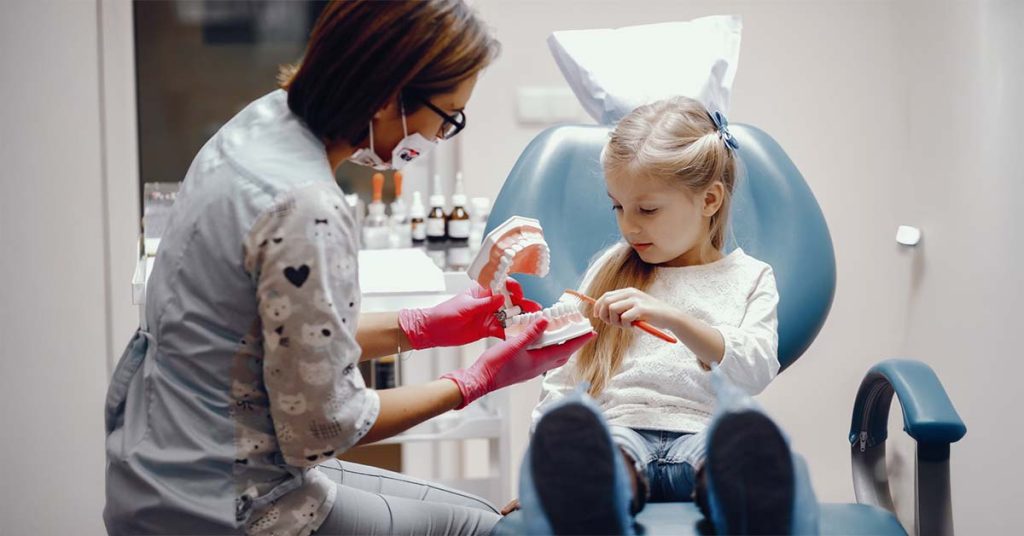
Top Ways Pediatric Dentists Keep Your Child’s Smile Healthy
Introduction
Your child’s smile is one of their most precious assets, and maintaining it starts long before they lose their first tooth. Pediatric dentists are professionals who specialize in children’s dental care, utilizing their experience and child-friendly techniques in a friendly environment to keep your child’s teeth and gums healthy. Annual dental visits will help prevent future dental problems and teach your child important oral hygiene habits for a lifetime. In this article, we will explain how pediatric dentists work to keep your child’s smile bright and healthy.
Table of contents
- Early Dental Visits
- Preventive Care
- Education on Oral Hygiene
- Treatment for Dental Problems
- Creating a Positive Dental Experience
- CTA Button
- Conclusion
- FAQs
Early Dental Visits
Pediatric dentists advise that as soon as your child’s first tooth erupts-depending on the child, usually around 6 months of age-you should take your child to the dentist, or at least by the time of the child’s first birthday. Getting to the dentist early allows your dentist to:
- Identify possible problems with your child’s teeth before they become a problem.
- Educate you and your child on teething, pacifiers, and thumb-sucking.
- Set a foundation for regular dental care
Preventive Care
It is always better to avert any problems than to treat them afterward. Best pediatric dentists in Kottayam are careful in taking preventive measures such as:
- Fluoride Treatments: Protects enamel and reduces the incidence of cavities.
- Dental Sealants: Protective coats on molars to prevent cavities in difficult areas to reach.
- Regular Cleanings: to remove plaque and tartar that could potentially cause decay or gum disease.
Education on Oral Hygiene
Pediatric dental professionals educate kids and parents on the need for effective oral hygiene. They include:
- The proper methodology for brushing and flossing.
- Picking the right toothbrush and toothpaste.
- Dental friendly dietary habits that limit sugar intake for cavity prevention.
Treatment for Dental Problems
Even with excellent preventive care, dental problems may occur. Pediatric dentistry provides:
- Cavity Fillings: Using child-friendly methods to restore decayed teeth.
- Orthodontic Evaluations: Early assessments for alignment concerns.
- Emergency Care: Prompt care for dental trauma or toothache.
Creating a Positive Dental Experience
A child’s visit to the dentist may influence their feelings about oral care for the rest of their lives. Pediatric dentists make sure:
- A welcoming friendly environment.
- Gentle techniques to help alleviate anxiety and fear.
- Give fun and engaging ways to make the visits enjoyable.
Conclusion
Pediatric dentists at dental clinics in Kottayam play a crucial role in safeguarding your child’s dental health. From early check ups, prevention, and dental health education, dental specialists guarantee the children will gladly and confidently grow up with clean, healthy teeth and lifelong positive attitude toward oral hygiene habits. Regular dental checkups not only ensure dental health problems are prevented, but also provide a platform for your child for a lifetime of happy smiles.
